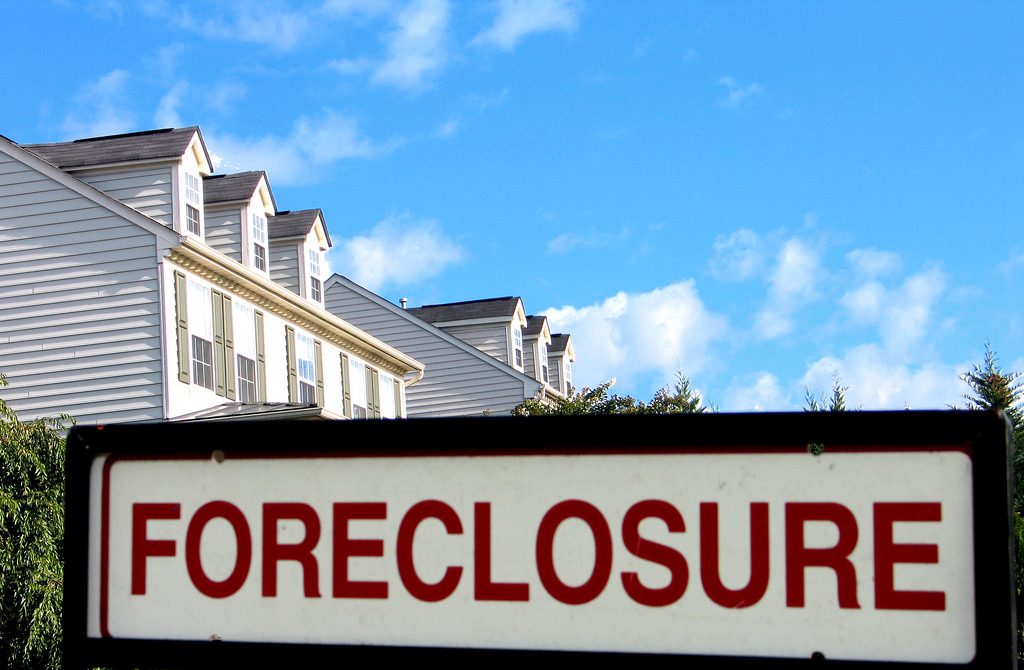Did you miss out on a summer vacation or are just looking to make the most of a three day weekend? As a Tampa Bay resident you’re in luck. The area was voted one of the best staycation towns (Tampa #3 and St. Petersburg #9) in the country by AAA in 2016. A staycation is the perfect mix of economy and immediate enjoyment since there is little travel involved and a hotel stay is optional in most cases. There’s something for everyone in the area including spas, amusement parks, golfing, and museums. We’ve rounded up our favorites for you.
Spa Staycation
Innisbrook Resort and Golf Club is located in Palm Harbor, a short drive north from Tampa and St. Petersburg. It features not only a world class golf course but it’s also famous for it’s Salamander Spa. The spa offers an array of services including a variety of massages, skin treatments, and hair and makeup. Their staff also encourage visitors to practice mindfulness before and after each treatment.
Family Staycation
Busch Gardens amusement park is no hidden secret in the area but why not make it a full weekend instead of a quick day trip? There are numerous hotels of varying price points around the park. The park changes throughout the year including Fright Fest for Halloween and Christmas Town in December. You can get a discount on tickets through the City PASS program and military visitors can receive free one day tickets. The park also offers special vacation packages that include dining and hotel options.
Waterpark Staycation
You live in a beach town so it’s safe to assume you enjoy some part of the water. Whether you like the beach or a swimming pool, Tradewinds Resort has you covered. Located in St. Petersburg, it’s waterpark is unique in that it includes several attractions on the beach. In addition to the pools, slides, and other water activities, it also has ten restaurants, a kids club, and planned entertainment events throughout the day. Florida residents receive discounts on their stay and the resort features several different vacation packages.
Tourist Staycation
Sometimes it’s fun to put on your tourist hat and enjoy the kitschy and the traps. The Tarpon Springs Sponge Dock is a throwback to the vacation destinations of the 60’s and 70’s. The Spongeorama museum holds on to it’s retro feel but it also provides information on the natural sponge industry that built up this area. The area is also famous of it’s Greek influences including delicious restaurants and culture. There are also cruises, fishing excursions, and wildlife trips running from the dock daily.
It’s not difficult to see why Tampa Bay was found as one of the best staycation spots in the country. There are plenty of things to do in our backyard. Disconnect from the world for a weekend and take full advantage!









